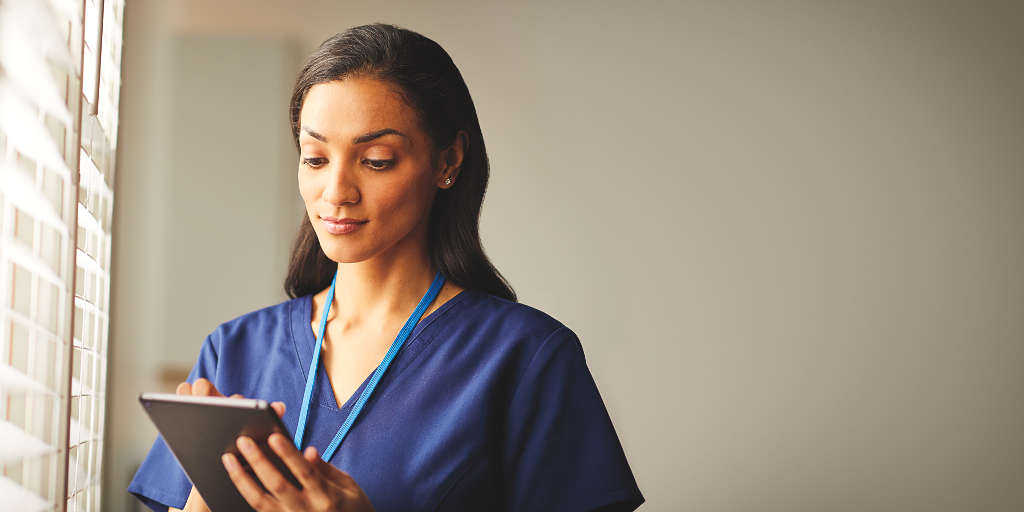Professional healthcare
Better care for more people
Where your passion sparks our innovation
Everything we do is inspired by you and your commitment to care. Like you, we see growing patient populations and the emergence of new technologies as opportunities to improve the health and well-being of more people. We exist to support you with the innovative, sustainable solutions that you need to deliver your high standard of care.
A comprehensive portfolio
Featured products and solutions

Patient monitoring
Learn about our end-to-end patient monitoring solution that offers a complete view of the patient using live, streaming device data.

Ultrasound
Explore Philips wide selection of ultrasound machines, designed to meet the challenges of today's clinical practices.

Image-guided therapy
An integrated portfolio of interventional imaging systems, smart devices, software and services for complex procedures.

Diagnostic and clinical informatics
Integrate diagnostics to unite patient care across radiology, cardiology, oncology and digital pathology with Philips diagnostic informatics.

Magnetic resonance imaging
Discover Philips MRI systems and solutions that deliver high-quality diagnostic imaging, improve productivity and enhance the overall experience.

Computed tomography
See how Philips CT solutions use smart technology to enhance diagnostic confidence and help overcome clinical complexity and workflow challenges.

Feel the freedom with BlueSeal MRI
Lift limitations and excellence with BlueSeal, the industry’s first high-performance, wide-bore, helium-free 1.5T MRI system.[1]

Bridging healthcare gaps: the complex issue of access to care
In this fireside chat, two Philips leaders share their insights into the multifaceted challenges of healthcare access and the innovative solutions being implemented to bridge critical gaps.

Get support for your healthcare products
Quickly and easily find the information you need to keep your healthcare organization and operations running smoothly. Or connect directly with a rep!
eCommerce and online shopping
Our healthcare online stores make quick work of ordering for your organization’s e-commerce needs. With online-only promotions and contractual pricing unique to professional organizations, and easy, direct shopping for home AED customers, we’re making buying online more convenient and efficient.

Upcoming and recent events
2025 ISMRM & ISMRT Annual Meeting & Exhibition
May 10 - 15, 2025
Honolulu, HI
Sign up for news and updates

Footnotes
- Helium-free operations. 7 liters of helium is permanently enclosed in the cryogenic circuit
Disclaimer
Results are specific to the institution where they were obtained and may not reflect the results achievable at other institutions. Results in other cases may vary.